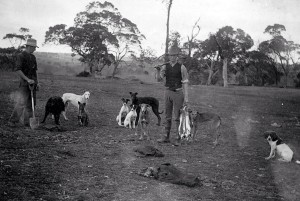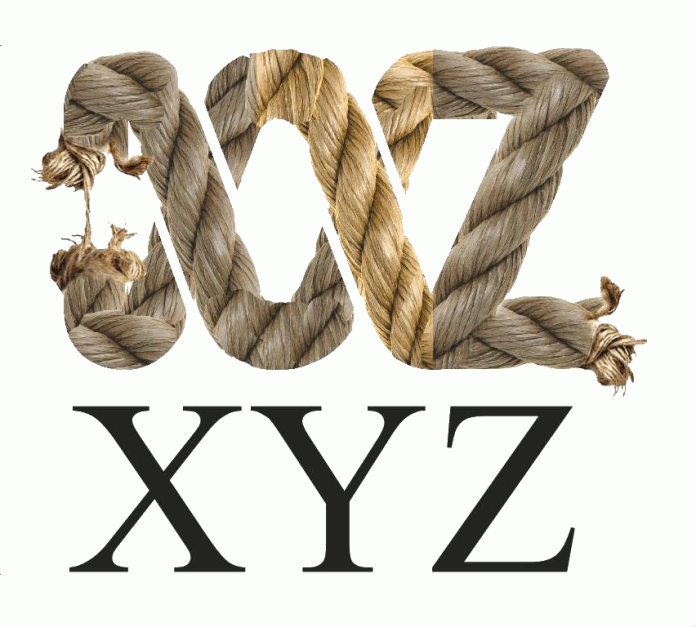I often get caught out listening to ABC 774 radio on Sunday and Monday mornings, due to my listening to 3LO’s broadcasting of the cricket or the footy the day before. Despite my admiration for Eddie Mcguire, i still prefer the sports commentary on the ABC, and so my abusive relationship with the ABC extends to hearing snippets from conversations to which I would not usually go out of my way to listen. I heard two moments of interest in one such conversation yesterday morning.
The first was a discussion between the two hosts regarding the immigration crisis in Europe, and whether Australia would increase its humanitarian intake in response. One of them made the point that it is up to people of ‘privilege’ the world over to help. When the other host made a query with words to the effect of ‘why is Hungary behaving the way it is?’ the other responded with words to the effect of ‘because it is/wants to be a bad-ass Eastern European country.’
Whenever a “progressive” tries to tell you that your conservative view on a subject is simplistic, keep in mind how rigorous they are in their own explanations on national radio.. What really struck me was the earnest expression of a worldview which I, in turn, find so simplistic, from people who usually consider themselves to be worldly and nuanced.
Of course we want to help the hundreds of thousands of people streaming out of the Middle East, but to point out just a few complications:
– A photo of a dead three year old washed up on a beach should not be used to overturn the immigration policy of an entire continent.
– Especially when one considers the complicity of the parents and family, who have openly stated that they attempted the dangerous crossing for economic, not security, reasons.
– The extent to which the welfare state and weak approach to illegal migrants by European states is enabling this risk taking behaviour.
– The short-term and long-term consequences of allowing such large numbers of people from a different culture into European countries in such an abrupt manner
– Why aren’t they going to rich Middle Eastern countries, which are far closer to them geographically and culturally?
Along with the term ‘privilege,’ the other expression used by one host which stood out was ‘accident of birth.’ The combination of these two terms, is itself, no accident. Together, they are used to undermine Westerners’ sense of cultural and national identity. The implication is that you should not take pride in who you are based on your race, nationality, ethnicity, because it is an ‘accident of birth.’ But you are given a dose of cognitive dissonance, because your ‘privilege,’ which is of course due to your ‘accident of birth’ requires you to feel guilt and shame based on your race, nationality, ethnicity, because these ‘accidents of birth’ gave you access to such ‘privilege.’ So you are required to disregard your ‘accident of birth’ at all times, except when it spurs you to spread your ‘privilege’ to those whose ‘accident of birth’ deems them ‘underprivileged.’
It is ironic then, that a system of thought which claims to challenge the idea that one’s identity is shaped by ‘accident of birth, (ie, nationalism,) creates a false narrative that one’s identity is shaped by ‘accident of birth, (ie, socialism.)
 The second moment of interest came barely a minute later, when, given it was Fathers’ Day, the hosts received a talk-back call from a woman who had a story about her father. She reminisced how her father used to take her hunting for rabbits when she was very young, and her ‘special job’ was to carry the dead rabbits, which would be tied to a rope or a stick and hung over her shoulders, sometimes up to ten at a time, which would weigh her down, but she soldiered on. The hosts immediately reacted with equal measures of disdain and disgust, and one of them asked her if she had been ‘traumatised’ by such experiences. But seemingly oblivious to the barely disguised prejudices of the ABC hosts, the caller replied that she had fond memories of these times, and of her father, who was no longer with her.
The second moment of interest came barely a minute later, when, given it was Fathers’ Day, the hosts received a talk-back call from a woman who had a story about her father. She reminisced how her father used to take her hunting for rabbits when she was very young, and her ‘special job’ was to carry the dead rabbits, which would be tied to a rope or a stick and hung over her shoulders, sometimes up to ten at a time, which would weigh her down, but she soldiered on. The hosts immediately reacted with equal measures of disdain and disgust, and one of them asked her if she had been ‘traumatised’ by such experiences. But seemingly oblivious to the barely disguised prejudices of the ABC hosts, the caller replied that she had fond memories of these times, and of her father, who was no longer with her.
It was as though I had just listened to three people having two different conversations at once. I have written all these words based on barely two minutes of ABC listening time, but it is examples such as this, examples which are difficult to quantify, perhaps because they are so frequent and so pervasive, which show just how biased the ABC is. ABC staff wear their assumptions and prejudices on their sleeves so casually, so naturally, that they do not appear to even notice.










